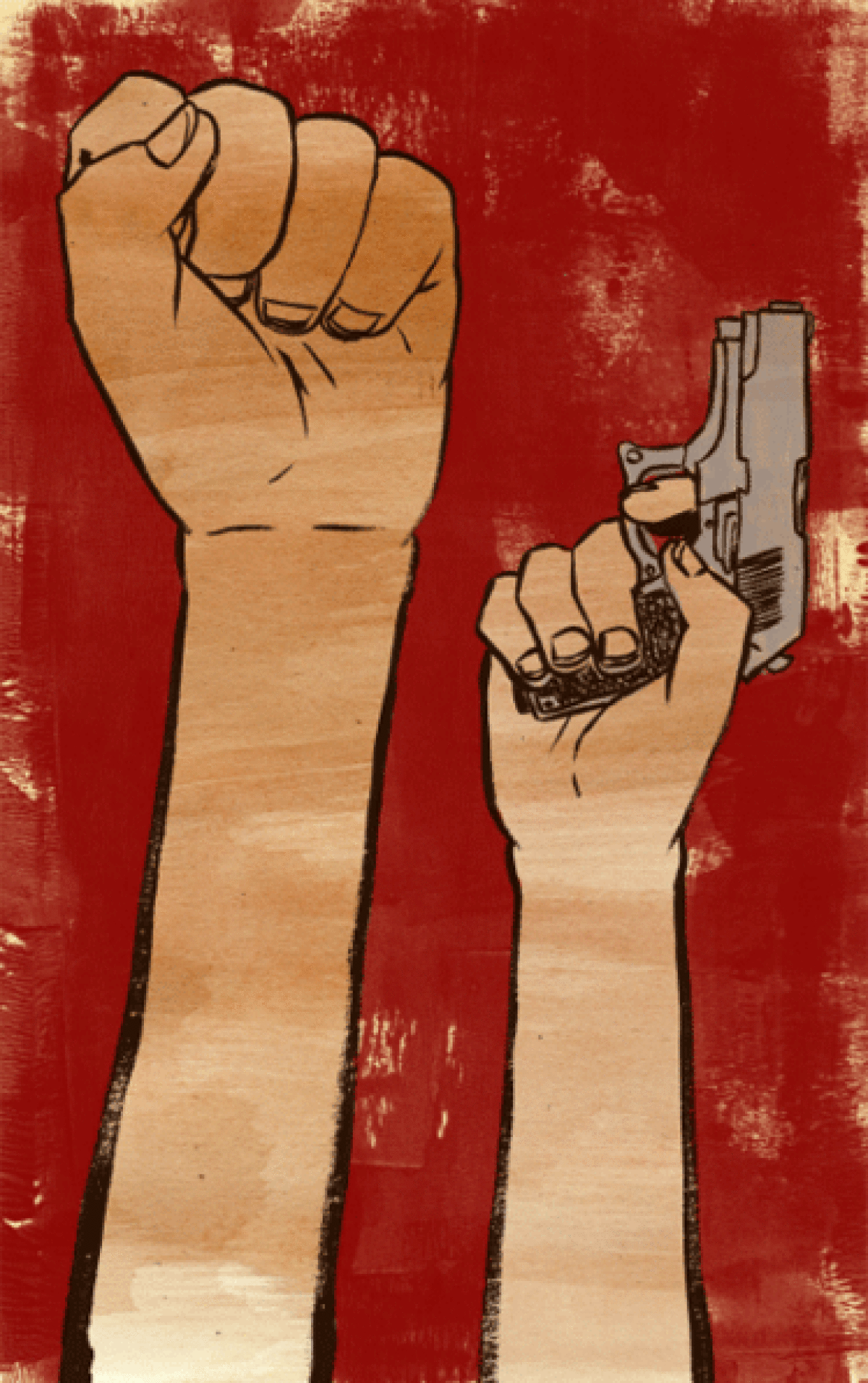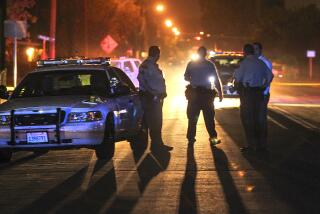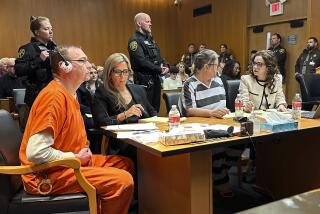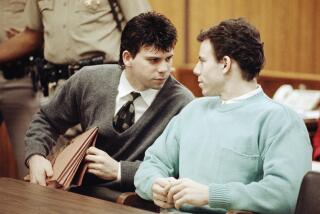The ‘Soledad brother’ and his real brother

Listening to 20-year-old Harvard sophomore Rebecca Mazur, in an interview with the BBC, struggle with her emotions last week after learning that Dzhokhar Tsarnaev, a “lighthearted” boy from her high school AP English class, was “Suspect No. 2” in the Boston Marathon bombing, I remembered the summer day in August 1970 when I got some bad news about a bright and well-mannered boy in my AP English class in Pasadena. Seventeen-year-old Jonathan Jackson had smuggled guns into a Marin County courtroom to stage a holdup in hopes of freeing his older brother George Jackson from Soledad Prison. Jonathan and three others, including the judge, were killed in the resulting melee; George died a year later in prison, shot in the back by a guard.
Although Jonathan was eulogized by Black Panther Huey Newton in a “revolutionary funeral” in Oakland, with a reported 3,000 raised-fist mourners in attendance, few remember him today. And even George, whose letters from prison were published in October 1970 as “Soledad Brother,” is largely forgotten. The 1972 trial and acquittal of embattled UC professor and avowed communist Angela Davis as an accomplice in the Marin holdup — the smuggled guns were registered in her name — may spark recognition in those old enough to recall the “Free Angela” campaign. I still have my yellow-and-black button with the slogan.
And I still remember Jonathan, and the painful questions after his death: What had gone wrong, and could we have helped? Although the times were different — Jonathan’s act was hailed, by some at least, as bravery, the “ultimate sacrifice,” revenge against a racist society — the parallels with the Tsarnaev brothers are clear and have precedents in American criminal history dating back at least to Frank James, who drew his little brother Jesse into his gang.
One newspaper account of the Davis trial referred to George Jackson as Jonathan’s “real brother,” in contrast to the “Soledad brothers” with whom George was accused of murdering a prison guard. But Jonathan had hardly known the much-older George, who had been in jail, initially for robbery, since 1960, when George was 19 and Jonathan turned 7. A bond developed in Jonathan’s teenage years, by way of letters. George began writing to his younger brother in 1969 about “black culture” and the “revolutionary group” he expected Jonathan to join.
The letters are stirring but reveal, not surprisingly for the veteran inmate, a stark sense of isolation and oppression: “Strength comes from knowledge, knowing who you are, where you want to go, what you want, knowing that you are alone on this spinning, tumbling world. No one can crawl into your mind and help you out. I’m your brother and I’m with you, come what may, and against anything or anybody in the universe that is against you.”
George may have believed in revolution, but Jonathan, I think, believed even more in his brother. The same may have been true of Dzhokhar, whose older brother, Tamerlan, so far as can be determined, was the first to be radicalized, the one who felt a deeper sense of isolation, and who had spent more time away in the old, other world that fascinated them both.
I didn’t know Jonathan well. He’d transferred from parochial school into our new public high school, districted to ensure racial integration. Like the Rindge & Latin School in Cambridge, Pasadena’s Blair High School was about as close to a multiethnic, multiracial utopia as one could find in public education at the time. The most popular student organizations were the Human Relations Club and the Fungus Federation, which met spontaneously after rainstorms to collect and consume mushrooms. There was also a Black Students Assn., but I don’t remember Jonathan participating. Instead, he kept company with a gang of white boys who published a satirical underground newspaper, the Pagan Writes, and its more politically serious cousin, Iskra, to which Jonathan contributed.
All of them were in AP English. Jonathan was quiet in class, but despite the best efforts of our supremely dedicated teacher, so were most of the other 32 students. Toward the end of the year, after months spent reading “The Great Gatsby,” “Walden” and “Moby-Dick,” after we’d answered the AP test’s stupefying essay questions, Jonathan’s attendance grew spotty. We heard he’d become friends with Angela Davis and her crowd in L.A., a world away from ours.
He began carrying his books and papers in a boxy leather briefcase, an emblem, I thought, of his greater studiousness and maturity. Those of us who knew about George’s letters to Jonathan understood that Jonathan was under orders to find a “specialized line of study” and “give it special attention at a certain time each day.... You must do this yourself.” Later it turned out that he’d used the briefcase to carry guns into the courtroom.
We were reading “A Midsummer Night’s Dream” when Jonathan returned to class one late spring day. Eager to draw him in, the teacher assigned him Pyramus’ role in the mock-tragic theatrical at the end of the play. Jonathan, one of us again, played the part for laughs and got them, drawing out his last lines — “Tongue, lose thy light; Moon, take thy flight. Now die, die, die, die, die” — and crumpling to the linoleum-tiled floor. Three months later, he was really dead.
No one had a chance to ask Jonathan what was in his mind when he drew a gun and shouted, “OK, this is it! Everyone freeze!” in that Marin County courtroom. Angela Davis, at the time of her trial, offered no explanation. Dzhokhar survived his shootout, and although we expect answers from him, we may never be able to sort out whether his motivation was revolution or revenge or something as simple (and misguided) as earning the approval of a big brother who believed himself to be alone on a spinning, tumbling world.
Megan Marshall is the author of “Margaret Fuller: A New American Life” and “The Peabody Sisters: Three Women Who Ignited American Romanticism,” and a finalist for the Pulitzer Prize in biography. She teaches nonfiction writing at Emerson College in Boston.
More to Read
A cure for the common opinion
Get thought-provoking perspectives with our weekly newsletter.
You may occasionally receive promotional content from the Los Angeles Times.






